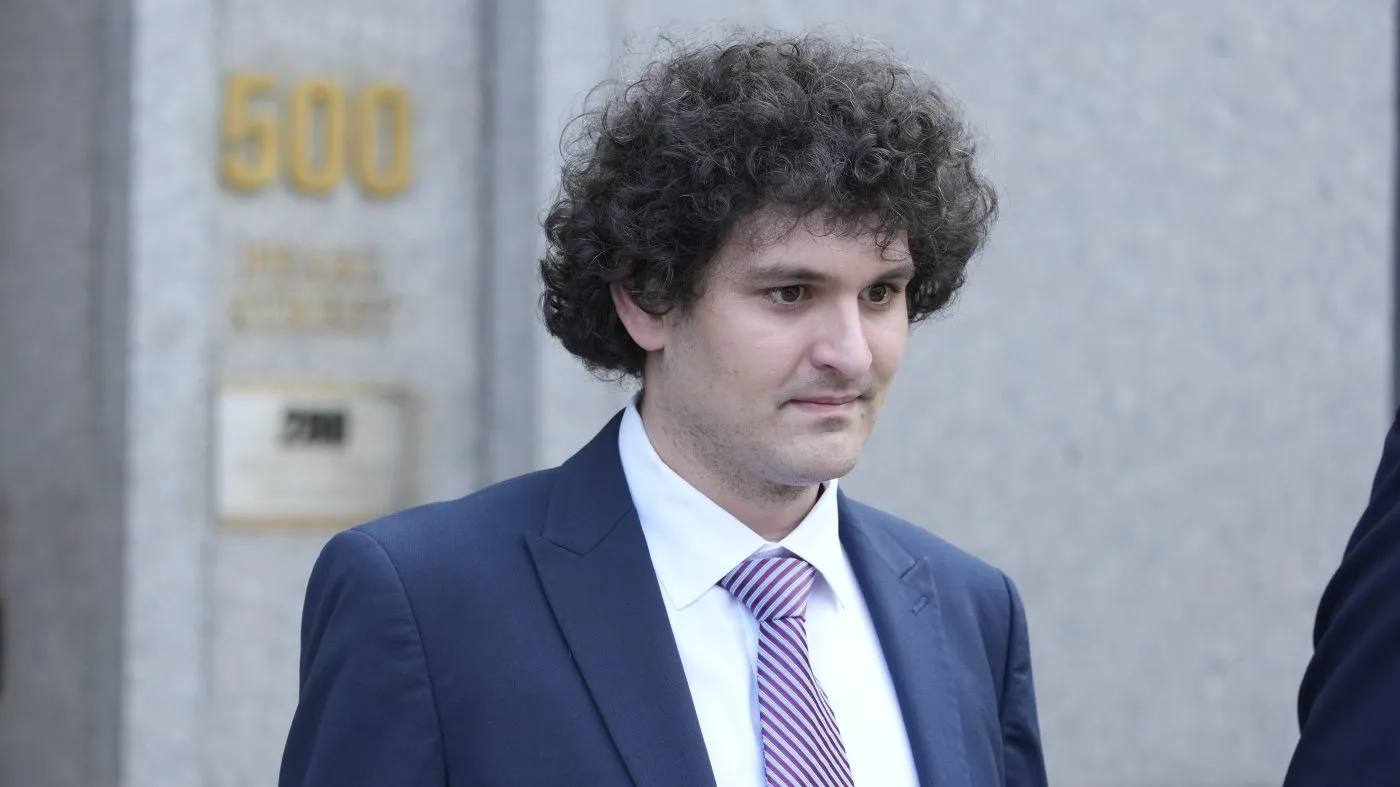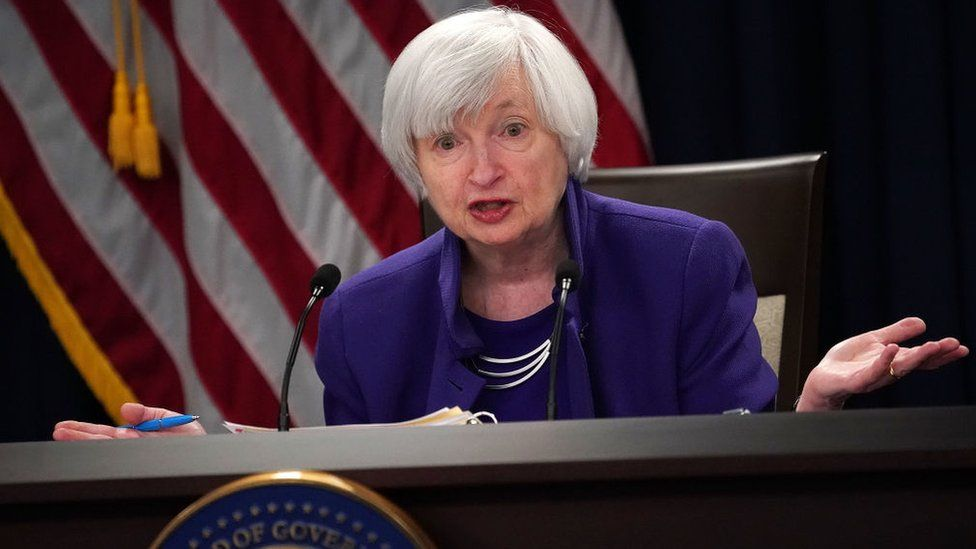The Biggest Fraud
A landmark case that has sent shockwaves through the cryptocurrency world found Sam Bankman-Fried, the former head of the cryptocurrency exchange FTX, guilty on all seven criminal charges he faced. This marks a spectacular fall from grace for a man who was once hailed as a shining star in finance.
The Charges
Bankman-Fried was charged with seven counts of wire fraud, securities fraud, and money laundering. These charges came a year after the collapse of his cryptocurrency exchange, FTX, and his hedge fund, Alameda Research. The collapse of these entities practically wiped out thousands of customers.
The Verdict
After just a few hours of deliberation, a New York jury found Bankman-Fried guilty. The verdict was reached around 7:40 p.m. ET, about four hours after the federal jury in Manhattan began deliberations. The FTX founder now faces a maximum sentence of 115 years in prison. The judge has set the sentencing date for March 28, 2024.
The Aftermath
The verdict comes a year after FTX entered a death spiral that fueled a panic in the trillion-dollar crypto industry and left an estimated 1 million customers facing potential losses. Prior to its collapse, the exchange attracted millions of users and a coterie of A-list backers, such as Tom Brady and Gisele Bundchen.
The Reaction
Damian Williams, the U.S. attorney for the Southern District of New York, said after the verdict, “Bankman-Fried perpetrated one of the biggest financial frauds in American history”. He added, “The cryptocurrency industry might be new; the players like Bankman-Fried might be new. But this kind of fraud, this kind of corruption, is as old as time”.
The Defense
Bankman-Fried pleaded not guilty to the charges. He claimed that the mistakes that brought down FTX and Alameda were innocent — the kind of sloppy errors that startups are prone to. His defense attorney, Mark Cohen, argued that poor risk management is not a crime.
Insiders View
This case serves as a stark reminder of the risks and potential pitfalls in the rapidly evolving world of cryptocurrency. It underscores the need for robust regulation and oversight to protect investors and maintain the integrity of these markets.




